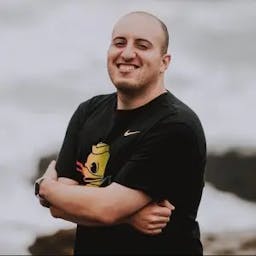Paul Pierce was the victim of multiple stab wounds on Sept. 25, 2000 at the Buzz Club in Boston, leaving him in a near-death situation as one of the cuts was seven inches deep, just a few away from his heart.
The traumatic event left him with severe depression, one he felt he had to battle alone, making his profession his only escape from an otherwise nightmarish day-to-day experience. Pierce opened up about his experience with ESPN's Jackie MacMullan.
“I was stabbed 11 times,” Pierce tells ESPN. “I felt like I was trapped in a box. I couldn't go nowhere.
“I battled depression for a year. The only thing that saved me was basketball.”
The Boston Celtics icon was offered help by the franchise, but he swiftly turned it down. Only weeks later, a manager at Morton's restaurant had a call waiting for Pierce, and a menacing voice sneered, “I'm going to kill you.”
“So now I'm really paranoid,” Pierce says. “I don't want to go anywhere. The police sat in the front of my house for months. I was a mess.
“I think that's the reason I got back on the court so fast. Me sitting at home thinking about [the stabbing] didn't work. I went to every practice, sat on the sideline for hours, because that's where I felt safe. I didn't want those practices to end because then I had to go back out there in this world that really scared me.”
Pierce even hired a 24-hour-a-day police detail outside his home in Lincoln, Massachusetts.
The Celtics won only 36 games that year, as Pierce put up 25.3 points and 6.4 rebounds per game during the 2000-01 season. But thinking back on that year, The Truth wishes he took the Celtics up on their offer.
“I should have opened up earlier than I did,” Pierce admitted. “It was eating me alive. Once I finally started talking to a family member, it helped me.”
“I realized, ‘I should have done this sooner.' I would tell everyone to get the help they need. My depression was bad — really bad. I never want to feel that way again.”
His decision to deal with his post-traumatic stress on his own had not only heightened his depression and anxiety, but isolated him from friends, family and his teammates.




